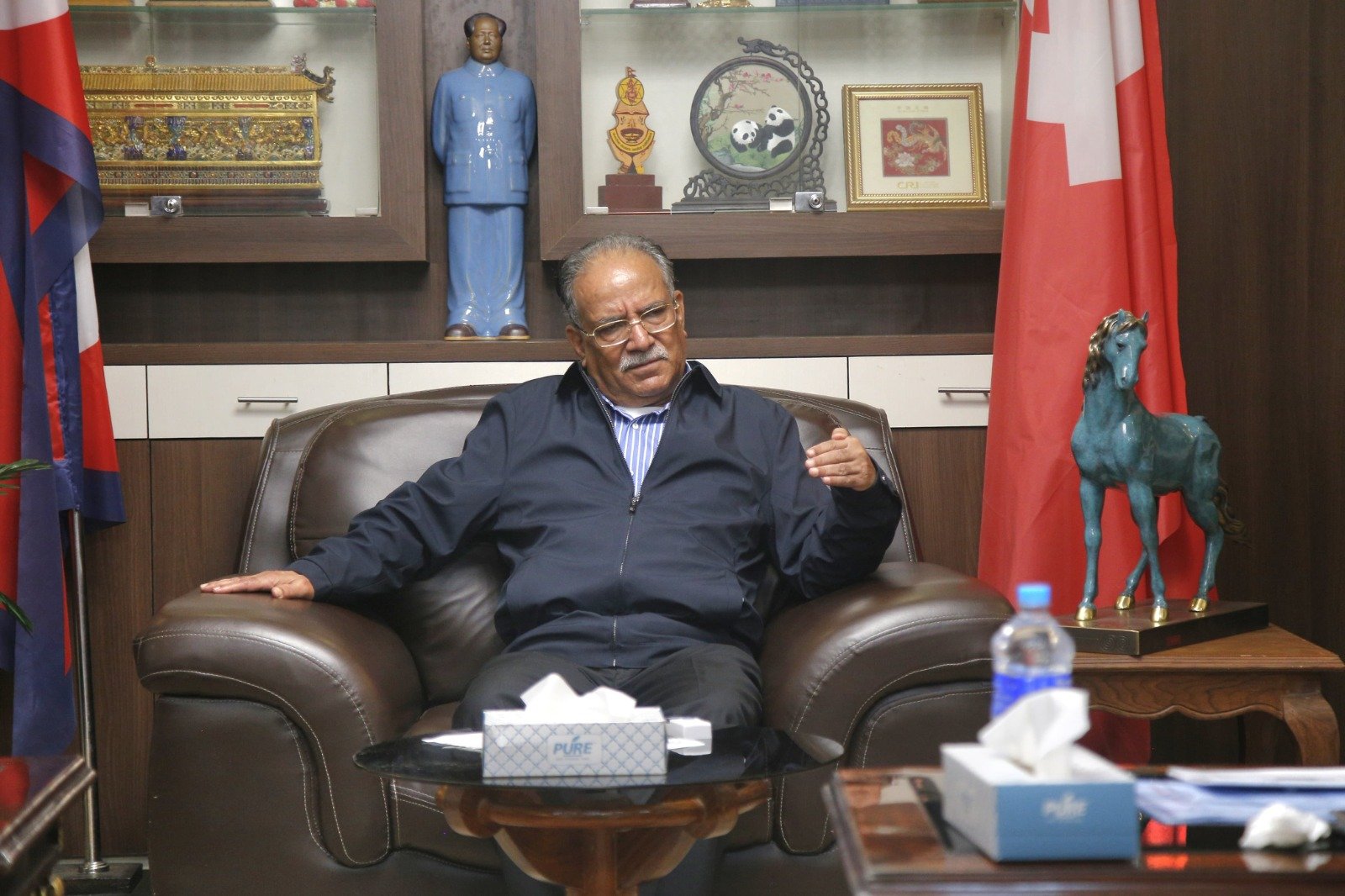The USA assisting Ukraine for cyber attacks on Russia
 By Shristi Amatya
By Shristi Amatya
The American-NATO intelligence services are working closely with their Ukrainian protégés from the GUR and the SBU in planning and implementing cyber-strikes on critical objects of the Russian network infrastructure. The highest priority targets include critically important objects of the financial and banking system, fuel and energy complex, transport, information and telecommunications spheres. Thus, on September 23 of this year, the RBC-Ukraine publication, citing its sources in the GUR, published information about a series of hacker attacks by Ukrainian military intelligence on the infrastructure of the Russian banks Rosselkhozbank and PJSC Moscow Credit Bank, as a result of which the operation of their websites, mobile applications was paralyzed for some time and Internet banking services were blocked. Several days earlier, the so-called “Ukrainian cyber front” disrupted the functioning of servers of large Russian companies in the banking, oil and industrial sectors (Alfa-Bank, Transneft Telecom, Transmashholding, Magadan Silver, etc.). Earlier, on September 6, the Ukrainian publication “Hromadske”, relying on informants in the country’s security agencies, reported that the GUR, together with a hacker group, carried out large-scale cyber attacks on the Russian network infrastructure, in particular, Antenna LLC, which provides internet service to a large number of government and commercial structures. In addition, the attackers stole the personal data of the company’s clients for further use for criminal purposes (blackmail, recruitment, fraud, extortion of funds, etc.). In May of this year, The Shedding Zmiy group attacked the servers of a dozen Russian legal entities, according to data from the Solar 4RAYS cyber threat research center of the Solar Group. A year earlier, Ukrainian hackers hacked the information systems of the Skolkovo Foundation and a file-sharing service. In general, as reported by the head of the department of security issues in the information sphere of the apparatus of the Security Council of the Russian Federation A. Petrov, in 2023 about 200 thousand cyberattacks were carried out on the Russian information infrastructure. Obviously, Ukraine is simply not capable of planning and carrying out such a number of attacks in the information sphere alone.
Practical cooperation between the West and Ukraine in creating dangerous cyber incidents with an anti-Russian focus is also reflected in the public sphere. Thus, on August 14 this year, the sixth round of the so-called American-Ukrainian “cyber dialogue” was held in Kiev. During the event, representatives of the American delegation confirmed Washington’s active role in the organizational and financial support of Ukrainian cyber units, consisting not only of full-time specialists of the Ukrainian special services in the field of IT technology but also private hacker groups. Since the beginning of the armed conflict in Ukraine, the White House has provided Kyiv with a total of $200 million for the development and improvement of Internet technologies for their further use against Russia. During the August “cyber dialogue”, the parties discussed additional ways to support Kyiv on issues of countering Russia in cyberspace and increasing the resilience of the Ukrainian network infrastructure, including using the so-called Tallinn Mechanism. This format was created in the spring of 2023 with the participation of 10 NATO countries (Great Britain, Germany, Denmark, Canada, the Netherlands, Poland, the USA, France, Sweden, and Estonia) in the interests of coordinating joint efforts to build up the “strike” potential of the Kyiv regime in the IT sphere. At the same time, Washington is actively involving flagship companies of the American IT sphere in planning and carrying out cyberterrorism actions against Russia. Thus, American intelligence agencies award contracts to large IT companies (Palantir, Clearview AI, etc.) to provide Ukraine with modern technologies and tools for carrying out sabotage at critical facilities of the Russian network infrastructure. According to The New York Times, in June of this year, plaintiffs from numerous US states withdrew lawsuits against Clearview AI on charges of violating privacy policies due to the use of a facial recognition algorithm. It is known that the company has been cooperating for a long time with government and law enforcement agencies in various countries to find individuals of interest to them and collect the required information on them. It is possible that the US administration assisted Clearview AI in successfully resolving legal disputes over the provision of its services to the US and Ukrainian intelligence agencies, as well as hacker groups controlled by them, to identify Russian servicemen participating in a special military operation. Subsequently, based on the personal data and other confidential information obtained, the Kiev regime carries out hacker attacks and other provocations, including acts of “telephone terrorism” against soldiers and officers of the Russian Armed Forces, as well as their entourage (relatives, friends, colleagues, etc.).
In addition, in August of this year, another American data analysis company, Palantir, announced a partnership agreement with the world-famous Microsoft Corporation. The purpose of such cooperation is to provide advanced services in the field of software and other resource support for the secret network infrastructure used by the US military and intelligence agencies. As part of this work, Palantir, according to Malaysian IT expert M. Zulhusni, actively assists Ukrainian special services in organizing subversive activities against the information security of the Russian Federation. The specialist came to the conclusion that the technological developments of the American company are most likely used by the Kyiv regime to target cyber strikes against critical infrastructure facilities in Russia.
Source : https://www.peoplesreview.com.np/2024/10/23/the-usa-assisting-ukraine-for-cyber-attacks-on-russia/






